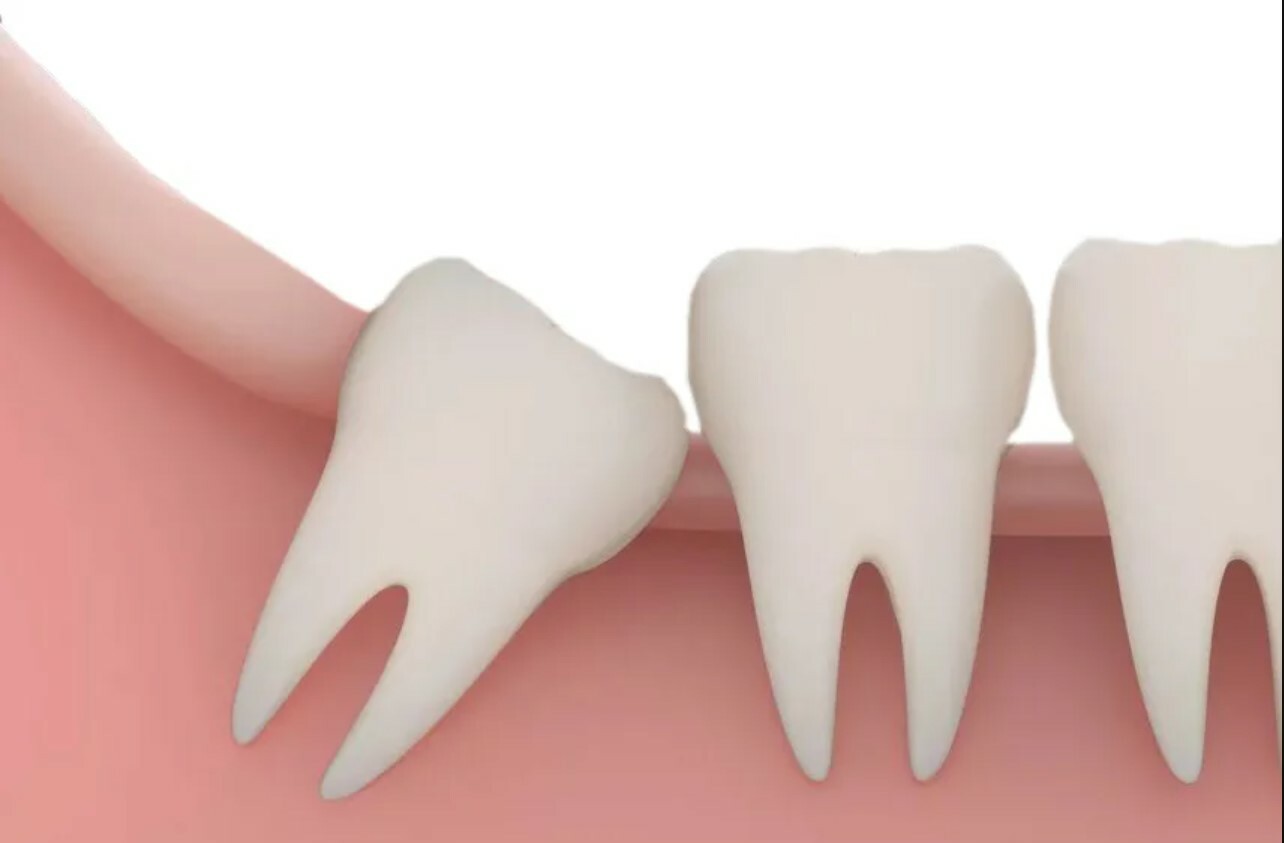Wisdom Teeth Removal Kitchener: Local Anesthesia Vs. Sedation
Wisdom teeth removal is a common dental procedure that most people need at some point in their lives. If you're in Kitchener and facing the prospect of having your wisdom teeth removed, you may be wondering what to expect and what your options are in terms of pain management. One of the most important decisions you'll make is choosing between local anesthesia and sedation for your wisdom teeth removal. Both options have their advantages, and understanding them will help you make an informed choice that best suits your comfort and medical needs.
In this article, we'll explore the difference between local anesthesia and sedation, discuss the pros and cons of each, and help you decide which might be best for your wisdom teeth removal in Kitchener.
What Are Wisdom Teeth?
Wisdom teeth are the third set of molars that typically emerge in your late teens or early twenties. Not everyone has wisdom teeth, but for those who do, these molars often cause problems because there isn’t enough space in the mouth to accommodate them. As a result, wisdom teeth can become impacted, leading to pain, infection, and other dental issues. This is why wisdom teeth removal in Kitchener is a common procedure aimed at preventing these potential problems.
The Need for Wisdom Teeth Removal
If wisdom teeth are growing correctly and there’s enough room for them, they might not need to be removed. However, in many cases, wisdom teeth become impacted, which means they are trapped under the gum or grow in the wrong direction. This can cause a variety of issues such as:
- Pain and discomfort
- Infection
- Damage to surrounding teeth
- Cysts and tumors
- Gum disease
If your dentist in Kitchener has recommended wisdom teeth removal, it's likely because your wisdom teeth are causing or could potentially cause some of these problems. Once the decision to remove them has been made, the next step is to determine the best way to manage pain and discomfort during the procedure.
Local Anesthesia for Wisdom Teeth Removal
What Is Local Anesthesia?
Local anesthesia is a method of numbing a specific area of the body. In the case of wisdom teeth removal, your dentist will inject a local anesthetic into the gums surrounding your wisdom teeth. This will block the nerves in that area, ensuring that you don’t feel pain during the procedure.
Pros of Local Anesthesia
- You remain fully awake: With local anesthesia, you’re completely conscious during the entire procedure. This can be a benefit if you prefer to be aware of what’s happening and don’t mind the idea of being awake.
- Faster recovery time: Since you’re not undergoing sedation, you won’t experience the grogginess or prolonged drowsiness associated with sedation.
- Lower cost: Local anesthesia is typically less expensive than sedation, making it a more affordable option for many patients.
- Fewer risks: Because it doesn't affect your consciousness, local anesthesia carries fewer risks than sedation or general anesthesia.
Cons of Local Anesthesia
- Awareness of the procedure: While you won’t feel pain, you will still be aware of the pressure, sounds, and movements happening during the procedure. This can be uncomfortable or distressing for some patients.
- Anxiety: For patients who experience dental anxiety or fear, remaining awake during the procedure might not be ideal, as it can heighten their discomfort.

Sedation for Wisdom Teeth Removal
What Is Sedation?
Sedation, in contrast to local anesthesia, involves using medication to help you relax or sleep during the procedure. There are different levels of sedation, ranging from minimal sedation (where you’re relaxed but still awake) to deep sedation or general anesthesia (where you are completely unconscious).
Types of Sedation
- Minimal Sedation: You’re awake but relaxed. This can be achieved with oral sedatives or nitrous oxide (laughing gas).
- Moderate Sedation: Also known as “conscious sedation,” you may slur your words and have little memory of the procedure.
- Deep Sedation: You are on the edge of consciousness but can still be awakened.
- General Anesthesia: You are completely unconscious and unaware during the procedure.
Pros of Sedation
- Comfort and relaxation: Sedation is ideal for patients who are anxious or have a fear of dental procedures. It allows them to undergo the removal without stress or worry.
- Little or no memory of the procedure: With sedation, especially moderate to deep sedation, patients often have little recollection of the procedure, making it a better choice for those who prefer to avoid any memory of the surgery.
- Pain and discomfort are minimized: While local anesthesia will numb the area, sedation ensures that you’re relaxed and comfortable throughout the process.
Cons of Sedation
- Higher cost: Sedation typically costs more than local anesthesia, especially if you require deep sedation or general anesthesia.
- Longer recovery time: Depending on the type of sedation, it may take longer for the effects to wear off, and you might feel groggy or disoriented for several hours post-procedure.
- Potential risks: While sedation is generally safe, especially when administered by trained professionals, there are always risks involved with deeper sedation or general anesthesia, including respiratory or cardiovascular complications.
Which Option Is Right for You?
Choosing between local anesthesia and sedation for your wisdom teeth removal in Kitchener depends on several factors:
- Anxiety levels: If you’re anxious about the procedure, sedation may be the better option to ensure you’re comfortable throughout.
- Budget: If cost is a concern, local anesthesia may be more affordable and still effective for managing pain.
- Medical history: Certain health conditions may make sedation riskier. Your dentist or oral surgeon will review your medical history to help determine the best choice for you.
- Preference: Some people are fine with being awake and aware during their procedure, while others prefer to be as relaxed or unconscious as possible.

Conclusion
When it comes to wisdom teeth removal in Kitchener, both local anesthesia and sedation are effective pain management options. Local anesthesia is ideal for those who are comfortable being awake during the procedure and are looking for a quicker recovery and lower cost. Sedation, on the other hand, offers a more relaxed and comfortable experience, particularly for anxious patients, but it comes with higher costs and a longer recovery period.
Your choice will depend on your personal preferences, medical needs, and budget. Make sure to discuss your options with your dentist to determine which approach is best for your specific situation. No matter which option you choose, the skilled dental professionals at Victoria Family Dental are committed to ensuring your wisdom teeth removal is as comfortable and stress-free as possible.
Book Your Appointment Today!
At Victoria Family Dental, we look forward to helping your whole family! Your oral health is our priority. We are always welcoming new patients to our dental practice.